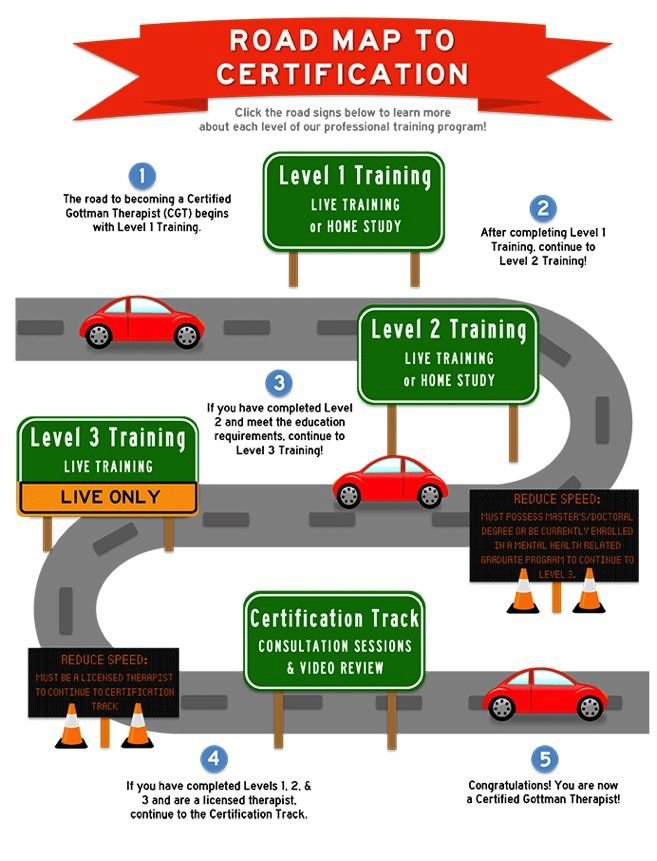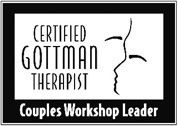Gottman Level 3 Clinical Training - Gottman Method Couples Therapy: Practicum
Presented by Mike McNulty, PhD & Sinead Smyth LMFT
Online, Live Training
Click here to register
Gottman Method Level 3: Practicum Workshop and Training Workshop Objectives and “Road Map” to Gottman Therapist Certification
Workshop Objectives
At the end of this workshop participants will understand how to:
- Choose an intervention that is appropriate for the clients at the moment.
- Recognize the “Four Horsemen” when one member of a couple exhibits that behavior.
- Stop the couple’s dyadic interaction when one member exhibits one of the “Four Horsemen”. Describe the “Four Horsemen” to the couple.
- Explain the antidote to the relevant horsemen clearly and accurately.
- Coach the person with an alternative way to express him or herself using an appropriate antidote.
- Re-direct the couple to resume communication in a dyadic way. Continue to monitor for the “Four Horsemen” and intervene if they reemerge.
- Identify when one of both partners are physiologically flooded (and not just upset) and stop the interaction between the couple.
- Provide a brief explanation of flooding in clear, sensitive language.
- Intervene by guiding one or both partners through a relaxation technique before continuing.
- Explain the “Dream Within Conflict” process and goals clearly.
- Instruct couple on “Dreams Within Conflict” intervention.
- Assist one partner to ask the other partner questions about the dream or deeper meaning embedded in their specific grid-locked issue.
- Provide “The Dream Catcher Questions” handout and coach one partner to ask the other questions from the handout to increase understanding of their partner’s underlying dreams or deeper meaning embedded in the specific grid-locked issue; help the couple hold to the questions to go deeper vs. getting into their own point of view.
- Introduce the concepts of softened start-ups and explain why it helps (ie it is easier for their partner to hear and understand their point).
- Explain research showing that the first three minutes of a discussion predicts whether that discussion will go well and whether their overall relationship will go well.
- Explain the importance expressing needs in positive terms and instruct the partner to restate their point without criticism and then direct them to resume dyadic interaction.
- Stop couple’s interaction when one or both partners are not accepting influence.
- Explain the need for accepting influence (which may include references to research). This includes finding a way to understand and honor some aspect of their partner’s position, with a focus on yielding and accepting influence rather than on persuading.
- Stop couple and instruct in the concept of offering and accepting repairs and why it is useful.
- Provide the “Repair Checklist” and explain its use.
- Ask appropriate Gottman “Oral History” questions and stay on track with sensitivity to couple’s issues and building rapport.
- Conduct “Oral History” interview with sensitivity to issues of Co-Morbidity.
- Integrate assessment information from the “Oral History” session, “Individual Relational Interviews” and “Assessment Questionnaires” to summarize the couple’s strengths, weaknesses, and primary issues.
- Interpret assessment findings accurately.
- Share Gottman research findings accurately when relevant.
- Explain each level of “The Sound Relationship House” and then provide feedback on that level before describing the next level.
- Formulate therapy goals that are consistent with :The Sound Relationship House” model as appropriate for the couple

